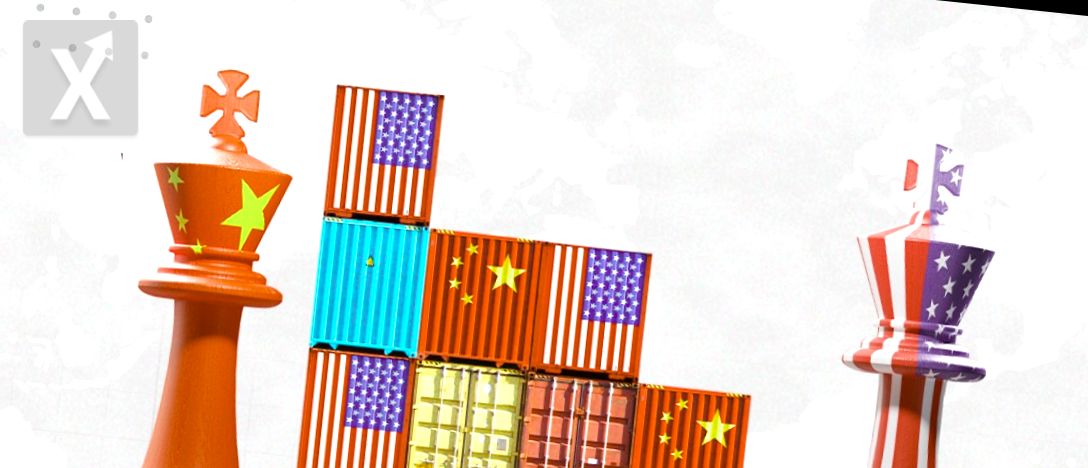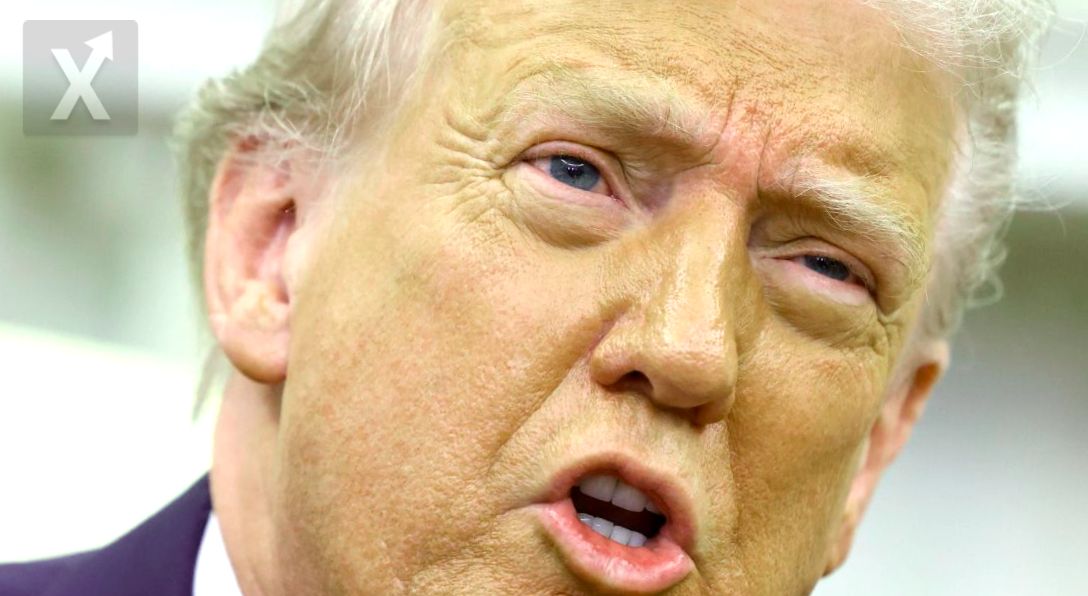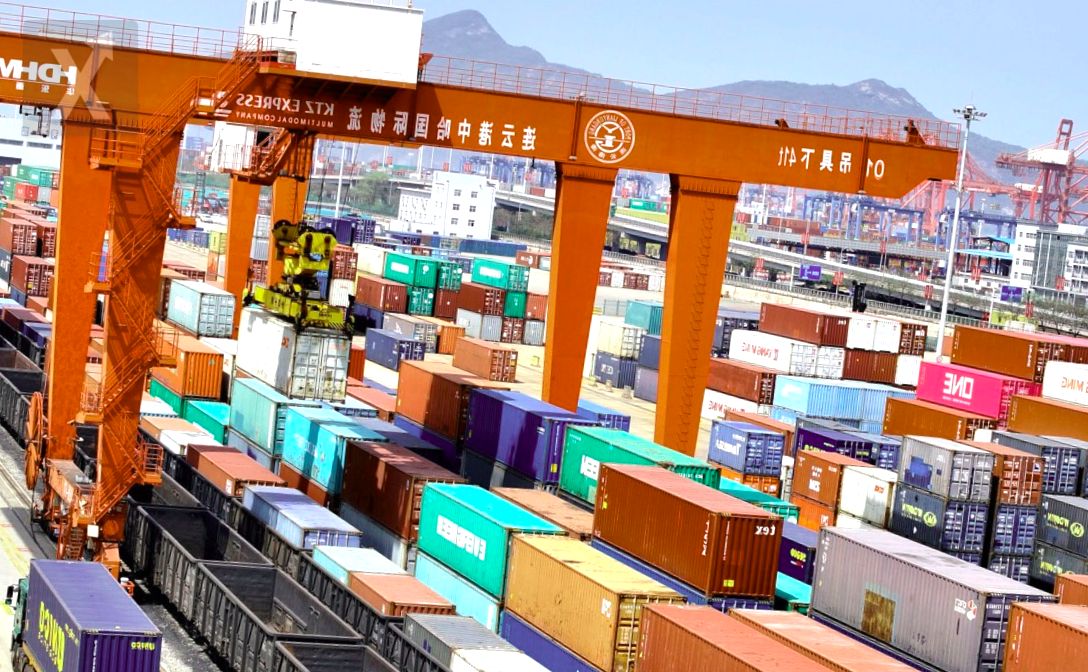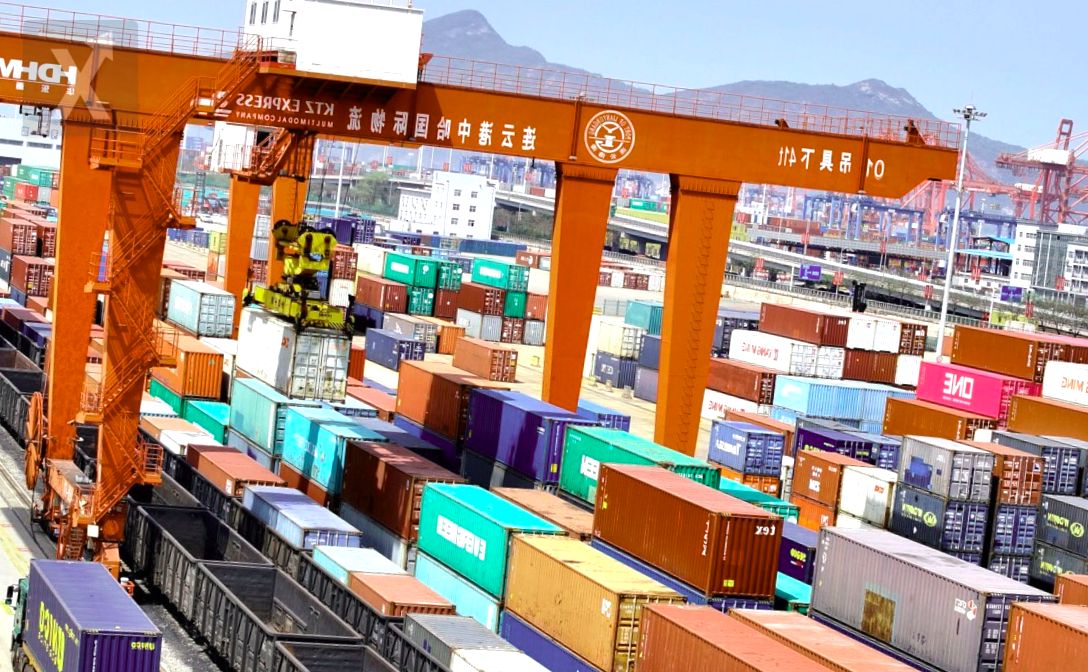The Global Contest: China and the United States at the Center of the Debate

The rivalry between China and the United States goes beyond just tariffs or diplomatic clashes. We're talking about a struggle for economic, technological, and political dominance. Experts have pointed out that for several years, both nations maintained a relationship of interdependence. The United States opened its markets while China provided affordable labor and a significant demand for foreign investment, creating an uneven scenario that, nonetheless, stimulated global growth.
Despite this, China's rise rang alarm bells in Washington. The White House went from viewing China as a strategic partner to seeing it as a competitor. With Donald Trump taking office in 2017, trade relations turned tense. During that period, Trump accused the Asian giant of unfair trade practices and opted to impose tariffs totaling more than $300 billion on Chinese products, aiming to reduce the trade deficit and curb Chinese industrial expansion. In response, Beijing retaliated by imposing tariffs on American goods, including agricultural and energy products. In 2020, the Phase One trade agreement was signed, where China committed to purchasing more American goods and new tariffs were suspended, although the agreement did not resolve disputes over subsidies, intellectual property, and market access. With Joe Biden in charge in 2021, a reshaping was expected, but most tariffs remained in place. His administration adopted a strategic competition approach with China, neither escalating tensions nor backing down. By 2024, trade remained high, but companies began relocating some of their production to countries like Vietnam, India, and Mexico, which has cooled economic relations. During Trump’s second term, trade tensions rose even further with an announcement to increase tariffs on Chinese imports to as high as 145%. Despite this, certain tech items like phones and computers were excluded from these tariffs. Xi Jinping responded with tariffs of up to 125% on American products, effective April 12. Financial markets remain unsettled, and the prolongation of the conflict has the potential to significantly impact the global economy.
In this context of rivalry, it's essential for businesses to stay informed and adaptive. Diversifying supply chains and exploring new markets can be key strategies to mitigate risks and seize opportunities amid such economic uncertainty. Staying agile and prepared is crucial for navigating such a volatile international environment.





